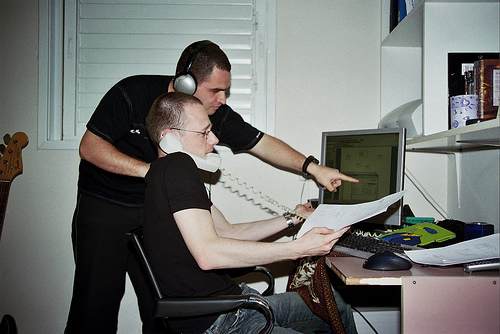ICT staff work harder, but smarter: report

Although the ICT labour force is steady, and employment post-GFC looks positive, more ICT professionals are working longer hours, according to the results of the Australian Computer Society's (ACS) 2011 ICT Employment Survey (PDF).
Written by the Association of Professional Engineers, Scientists and Managers, Australia (APESMA) for ACS, the report surveyed 1599 participants from within ACS and APESMA's ICT-based members.
It found that the number of ICT professionals working more than 40 hours per week had risen to 74.9 per cent, up from 65 per cent during 2009.
ACS CEO Alan Patterson said that the increase in working hours, above the usual 35-hour working week, could be partly attributed to people trying to ensure job security.
However, employers appear to be open to giving employees the necessary training and development that they need. Over 77 per cent of respondents had undertaken some form of professional development training over the past 12 months, and 73.7 per cent of employers had covered, either fully or partially, the cost of such training.
ICT professionals also aren't finding it difficult to get time off work to attend development and training classes. Only 2.2 per cent stated that this was the most significant impediment. Instead, the most pressing issue was sparing their time during work hours to attend, with 44.7 per cent of respondents stating that this was the biggest impediment to getting training.
Nevertheless, ICT professionals consider it important that development and training occur frequently. About 74 per cent suggested that they update their skills every one to two years, while about 22 per cent suggested every three to five years.
It appears as though employers also agree that ICT professionals know best, with only 6.3 per cent making the sole decision on determining their training needs. Just under 50 per cent of respondents made the decision with their employer, while 44 per cent were given free rein to determine their own training needs.
The issue of appropriate remuneration is not covered in this survey, but has been addressed in the past — APESMA reported in June this year that ICT staff were underpaid and undervalued.
